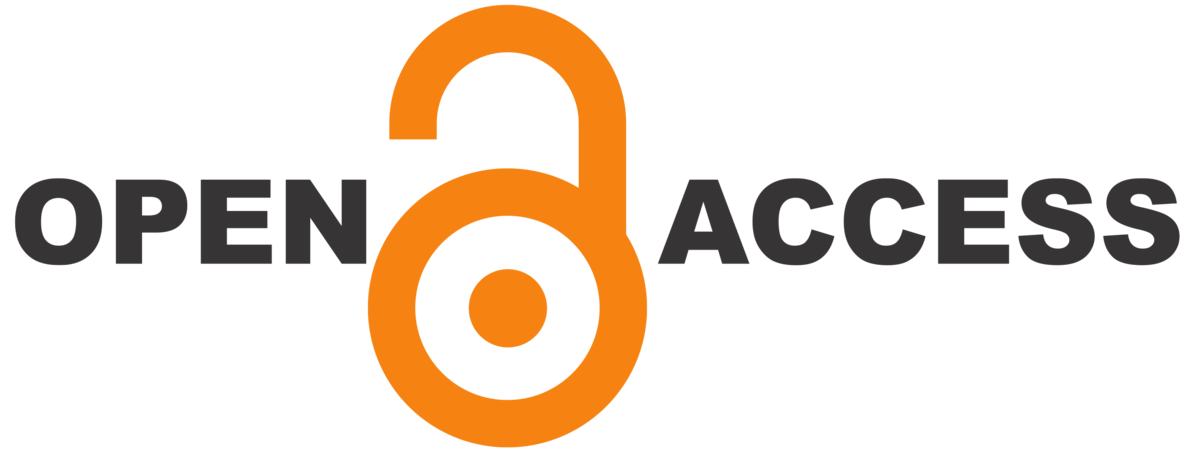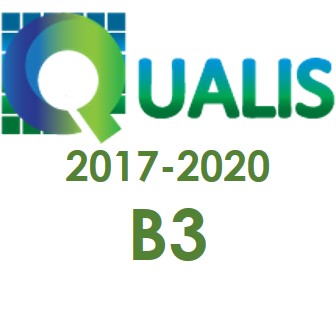LITERACY TEACHERS: CHALLENGES, EXPERIENCES AND PRACTICES
DOI:
https://doi.org/10.22481/folio.v12i2.7294Keywords:
Literacy; Teaching; Teacher trainingAbstract
The paper presents the results of the research carried out during the academic master's degree, concluded in 2020. The work considers the difficulties faced by literacy teachers in adjusting the didactic situations to what the students actually need to learn, due to the gap between the theoretical production on how the child learns and can be taught, and the democratization of access to a didactic theory that guides literacy practices as a research problem. In order to analyze the challenges faced by literacy teachers in the exercise of their profession, this work constitutes itself as an ethnoresearch, since it is the type of research that implements an experience as the act of research. The research data were produced through interviews, observations, documentary analysis and yarning circle with four literacy teachers, responsible for the first-year classes of two private schools in the municipality of Nazaré-BA. The theoretical approach was based on several studies by Emilia Ferreiro. The data indicate that the pedagogical practice is based mainly on the recognition of letters, sounds and syllables. Despite the teachers’ commitment to the students learning, there was a significant distance between what children need to learn and what is actually proposed to them. This scenario suggests that there are gaps in the initial and continuing training of teachers and warns to the need for coherence between studies on how to learn to read and write and didactic interventions.
Downloads
References
BRASIL. Base Nacional Comum Curricular (BNCC). Educação é a Base. Brasília, MEC/CONSED/UNDIME, 2017. Disponível em: http://basenacionalcomum.mec.gov.br/
BRASIL. Ministério da Educação. Secretaria de Alfabetização. PNA Política Nacional de Alfabetização/Secretaria de Alfabetização. – Brasília: MEC, SEALF, 2019. Disponível em: http://alfabetizacao.mec.gov.br/
CUNHA, Maria Isabel da. O bom professor e sua prática. 24. ed. Campinas: Papirus, 1989.
ESCREVER para aprender Parte 2. MEC, 2001. 1 vídeo (10min). Publicado pelo canal Nova Escola. Disponível em: https://www.youtube.com/watch?v=1hdJJCZMD0g. Acesso em: FEV, 2020.
FERREIRO, Emilia. O ingresso na escrita e nas culturas do escrito. São Paulo, Cortez. 2013.
______. Alfabetização em Processo. São Paulo: Cortez, 1996
______. Reflexões Sobre Alfabetização. 24. ed. São Paulo: Cortez, 2001.
______. Com todas as letras. 11. ed. São Paulo: Cortez, 2003.
GATTI, Bernadete Angelina. Formação de Professores e carreira: problemas e movimentos de renovação. Campinas: Autores Associados, 1997. Disponível em: http://publicacoes.fcc.org.br/ojs/index.php/cp/article/view/1890
KAUFMAN, Maria Ana, CASTEDO, Mirta, TERUGGI, Lilia e MOLINARI, Claudia; Alfabetização de crianças: construção e intercâmbio – Experiências Pedagógicas na Educação Infantil e no Ensino Fundamental. Trad. Carolina Burnier. 7. Ed. – Porto alegre: Artes Médicas, 1998.
LERNER, Delia. Ler e escrever: o real, o possível e o necessário. Porto Alegre: Artmed, 2002.
LUDKE, Menga; ANDRÉ, Marli. Pesquisa em Educação: Abordagens Qualitativas. São Paulo, EPU. 1986.
MACEDO, Roberto Sidnei. Pesquisar a experiência compreender/mediar saberes experienciais. 1. ed. Curitiba: CRV, 2015.
MARINHO, Giullianny Russo. La utilidad de los conocimiento del nombre de la letra para la adquisición del sistema de escritura. 2018. Dissertação de Mestrado. Universidad Nacional De La Plata, Argentina.
MOLINARI, María Claudia; FERREIRO, Emilia. Identidades e diferenças na escrita em papel e em computador nas primeiras etapas do processo de alfabetização. In: O ingresso na escrita nas culturas do escrito –Seleção de textos de pesquisa. São Paulo: Cortez, 2013, p. 77-100.
MOLINARI, María Claudia. Derechos y Oportunidades en la Alfabetización Inicial. Práxis Educacional, [S.l.], v. 15, n. 35, p. 110-127, out. 2019. ISSN 2178-2679. Disponível em: <http://periodicos2.uesb.br/index.php/praxis/article/view/5670>.
NAZARÉ. Censo Escolar. 2018. Disponível em: https://www.qedu.org.br/cidade/4217-nazare/censoescolar?year=2018&dependence=0&localization=0&education_stage=0&item=. Acesso em: FEV, 2020
NEMIROVSKY, Myriam. O Ensino da Linguagem Escrita. Porto Alegre: Artmed, 2002.
POLLO, Tatiana Cury; TREIMAN, Rebecca; KESSLER, Brett. Uma revisão crítica de três perspectivas sobre o desenvolvimento da escrita. Estudos de Psicologia (Campinas), v. 32, n. 3, p. 449-459, 2015. Disponível em: https://www.scielo.br/scielo.php?pid=S0103-166X2015000300449&script=sci_abstract&tlng=pt
QUINTEROS, Graciela. El uso y función de las letras en el período pre-alfabético. Lectura y vida, v. 15, n. 4, p. 28-38, 1994. Disponível em: http://www.lecturayvida.fahce.unlp.edu.ar/numeros/a15n4/15_04_Quinteros.pdf
READ, Charles; TREIMAN, Rebecca. Children´s invented spelling: What we have learned in forty years. In: BERWICK, R. C. (Org.), Rich languages from poor inputs, 2013 p. 197–211. Disponível em: https://www.researchgate.net/publication/269411608_Children's_Invented_Spelling_What_We_Have_Learned_in_Forty_Years
TREIMAN, Rebecca. Use of consonant letter names in beginning spelling. Developmental psychology, v. 30, n. 4, p. 567-580, 1994.
TREIMAN, Rebecca. Why spelling? The benefits of incorporating spelling into beginning reading instruction. In: METSALA, Jamie L.; EHRI, L. C. (Org.). Word recognition in beginning literacy, 1998, p. 289-313. Disponível em: https://www.researchgate.net/publication/241232658_Why_spelling_The_benefits_of_incorporating_spelling_into_beginning_reading_instruction
WEISZ, Telma. O diálogo entre o ensino e a aprendizagem. São Paulo: Ática, 1999.
ZEN, Giovana Cristina; D'ÁVILA, Cristina. As relações entre formação, ensino e aprendizagem no contexto de práticas alfabetizadoras. Laplage em Revista, v. 4, n. especial, p. 122-134, 2018. Disponível em https://www.laplageemrevista.ufscar.br/index.php/lpg/article/view/590
Downloads
Published
How to Cite
Issue
Section
License
Copyright (c) 2021 fólio - Revista de Letras

This work is licensed under a Creative Commons Attribution-NonCommercial 4.0 International License.












